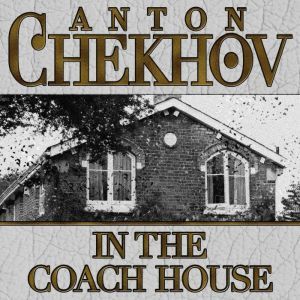About Anton Chekhov
Anton Chekhov (1860-1904) was a Russian short story writer, playwright, and physician, considered to be one of the greatest short story writers in the history of world literature. His career as a dramatist produced four classics-The Seagull, Uncle Vanya, Three Sisters, and The Cherry Orchard-and his best short stories are held in high esteem by writers and critics alike. Initially, Chekhov wrote stories solely for financial gain, but as his artistic ambition grew, he made formal innovations that have influenced the evolution of the modern short story. His originality consists in an early use of the stream-of-consciousness technique, later adopted by James Joyce and other modernists, combined with a disavowal of the moral finality of traditional story structure. He made no apologies for the difficulties this posed to readers, insisting that the role of an artist was to ask questions, not to answer them. Chekhov published over a hundred short stories, including "The Duel," "In Exile," "On Official Business," "The Bishop," and "The Cobbler and the Devil."

